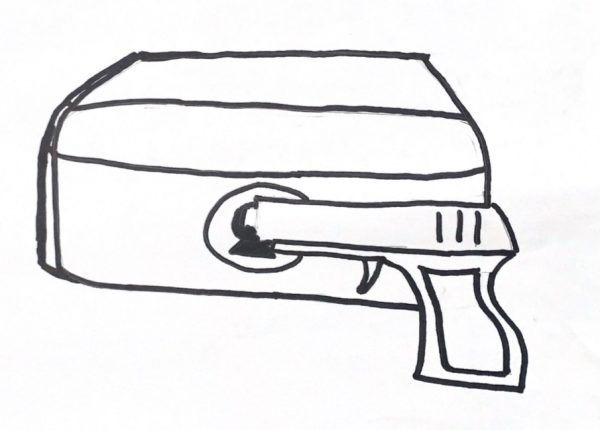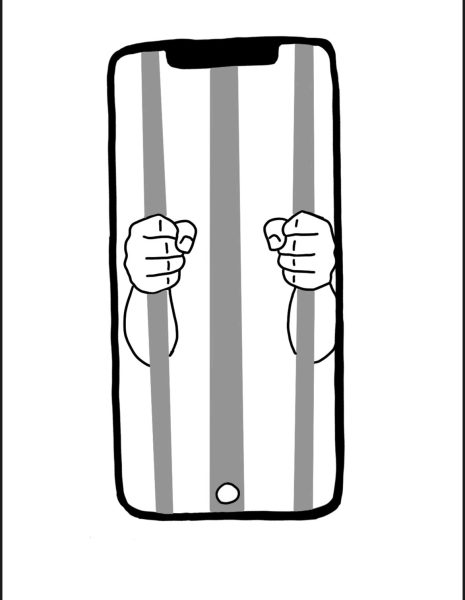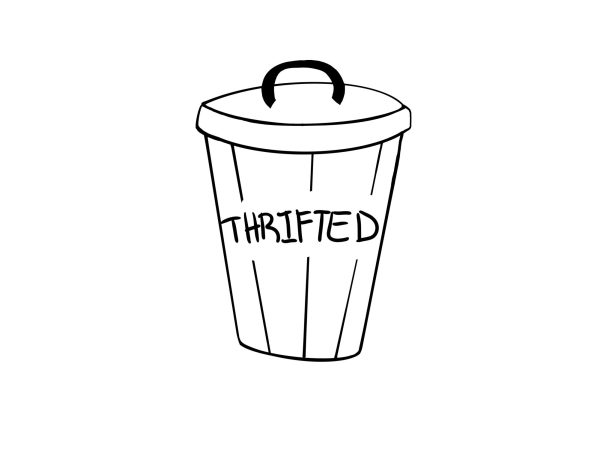How journalism omits older stories from memory
February 11, 2019
As a student journalist, there is nothing more bothersome than seeing news stories move in and out of the public eye so quickly that it becomes difficult to keep track of them all, even those of utmost importance. Although the news is, by definition, coverage of daily events that occur in the world, that doesn’t necessitate publications jumping from story to story without revisiting prominent issues from the past. It seems as if only current news stories are being produced about, while older, yet, important ones, are omitted from memory.
This is by virtue of how today’s journalists choose to singularly follow the big, breaking news stories without any regard for revisiting stories from the past. This phenomenon plagues our nation’s journalists because more often than not, some reflect on such past stories by wondering what happened in the weeks and months following them. This is the detrimental aspect of the issue, because without any accurate perspectives or information on such stories. The public is forced to create their own opinions, which could potentially be made up of false conclusions based on assumptions, which could create an overall misleading understanding of the story.
On Oct. 1, 2017, the Las Vegas Massacre obtained some of the largest media coverage in recent years. For example, The New York Times published 21 stories about the Las Vegas Shooting on the day after the tragedy, which was nearly nine percent of their daily coverage. The problem at hand, however, is that they have only published three articles since the month after the shooting, meaning that their daily readers most likely haven’t heard about the motive or other key details, primarily because it wasn’t covered at the extent of which it should have been.
In a recent Bark survey, 67 percent of students self-reported they have noticed that news publications rarely, if ever, revisit past stories––especially in regards to breaking headlines such as the Las Vegas Massacre. This shows that roughly two-thirds of the student population feel uneducated on the follow through outcome of most news stories.
The Associated Press, long credited with setting the standards in ethics for journalism, said on their website that “It is our job [as journalists]—more than ever before—to report the news accurately and honestly.”
Are those the only guidelines journalists should be held to? Do we only expect journalists to be accurate and honest? I believe that those traits are expected of us already. I understand that not all journalists uphold these traits, and that’s a problem in and of itself. But journalists should not only get the facts right, but should also feel obligated to revisit important stories.
Often times I find myself connecting with stories I read and view in the news. I invest time in watching, listening or reading them in addition to researching all the facts. But then, a few days later, they disappear from the news like a magician in the middle of an act, and I’m left thinking, “What even happened?”
Although a magician’s disappearance requires much thought to figure out. The solution to this issue is simple and very easily achievable; if the news were to do a short recap on older stories of equal importance to newer ones, then Houdini magic acts would no longer exist.
A University of California Irvine student, 22-year-old Gavin Octaviano, is a victim of this phenomenon. Octaviano, who went missing the day after Thanksgiving near the Golden Gate Bridge, is on posters covering walls, streets and businesses in Tiburon, San Francisco, and other local areas in order to remind communities of his absence. The poster states, “Have you seen me?” in hope for his safe return. Despite the constant poster reminders, his disappearance has been completely absent from any type of news since Dec. 10, when it was mentioned in an article by KRON 4. This leaves the mystery as to what happened to the 22-year-old still in disarray, as community members are left with little to no information.
76 percent of Redwood students asserted that the news should revisit past stories such as Octaviano’s to satisfy viewers want for information, according to the same self-reported Bark survey. Although this might seem like a waste of time, it would significantly benefit journalism as a whole because it would allow for the accurate representation of all stories, as the Associated Press described.
Society should not be left to make guesswork about any story because that is the job of the journalist. Without a full, accurate representation of a story, the idea of journalism and the goal of educating the public is a failure. Journalists should cover the news accurately and honestly, in addition to allowing time for stories to be revisited so citizens don’t have to make false and mislead assumptions about stories.






















